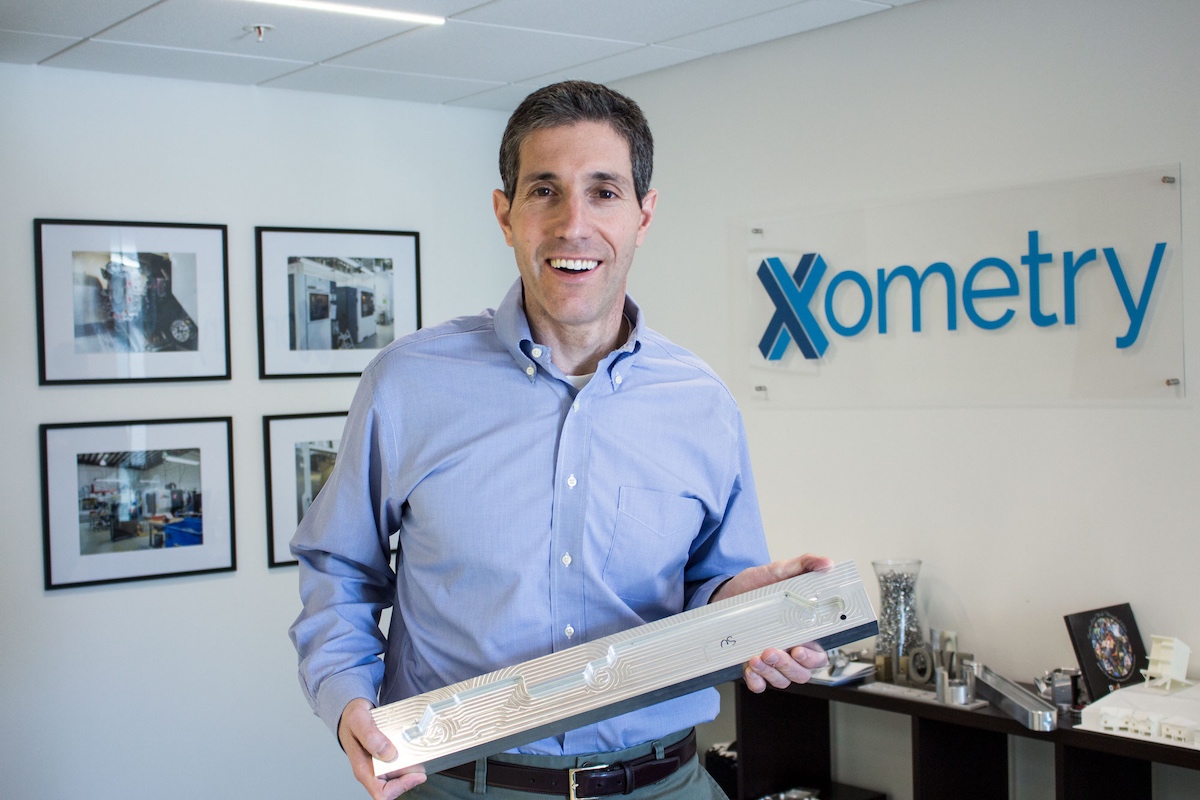With various shelter-in-place ordinances entering their second month, Americans are naturally eager for things to return to normal. Adults want to go back to work, children actually miss school and companies are itching to reboot. With the economic devastation growing each day, America remains closed for business.
Yet, even as we see initial signs that the curve is bending, there is still genuine concern that we cannot emerge from our COVID-19-imposed exile. Why? Because we still don’t have enough ventilators, enough testing kits or enough personal protection equipment, or PPE.
As a proud American, my immediate reaction is, we can do this! America always has risen to the challenge, so why should providing these supplies be such a big deal?
Indeed, during this crisis some inspired, good-old American ingenuity has flourished. 3D printing bureaus are furiously churning out PPE, and larger manufacturers are shifting production from their normal product lines to ventilators and other required equipment. But these valiant efforts aren’t nearly enough.
American states, hospitals and other medical care facilities have been forced to scramble to order PPE from China and other overseas manufacturing hubs at grossly inflated prices. In my home state of Maryland, our governor and his wife had to personally negotiate the purchase of 500,000 testing kits from South Korea. Even the New England Patriots got into the act, sending their plane to China to pick up badly needed PPE.
Why has the strongest country in the world been forced to scavenge for supplies? Sadly, as the CEO of Xometry, I have had a front-row seat to watch this mess unfold.
Xometry is a marketplace for custom manufacturing, connecting more than 25,000 customers with over 4,050 small manufacturers: 3,000 in the United States, 1,000 in Europe and 50 in China and Malaysia. Our U.S. manufacturers are typical of the small businesses that dominate the American manufacturing landscape, with an average of 11 employees and $1 million of annual revenues, and 22% of them are minority-veteran or women-owned businesses.
The good news? There is plenty of low-hanging fruit, and each of us can play an important role.
Xometry normally manufactures mechanical parts for aerospace, defense, robotics, medical devices, automotive and industrial companies. Xometry wasn’t intended to procure and manufacture PPE, but when the desperate need arose, we began utilizing our network in the United States and China to deliver PPE for large hospitals and municipalities. I wish I could say that it has gone flawlessly, but it has been an exhausting and frustrating experience.
To make it worse, it is clear that Xometry isn’t alone; collectively America cannot meet its own needs. Only by leveraging manufacturing overseas will we be able to reboot our country. Unbelievable!
To quote former Chicago Mayor and White House Chief of Staff Rahm Emanuel, you never want a serious crisis to go to waste. Hopefully COVID-19 is THE wake-up call that will force America to come to grips with our decades-long dismantling of our own domestic manufacturing capabilities. The stakes couldn’t be higher, and American manufacturing is now at pivotal crossroad: Will COVID-19 accelerate the disappearance of American manufacturing, or will it be the spark that ignites a renaissance?
The default will result in a steeper decline. Americans will do what comes far too easy, bitterly complain that nothing is manufactured in the U.S., but make purchasing decisions primarily based on the sticker price. Why buy an American-made pair of jeans for $100 when a perfectly good Chinese one costs much less? Likewise, why should federal, state and local elected officials invest in critical infrastructure improvements — prerequisites for manufacturing — when building incubators or mixed-use projects with retail, residential and office projects are much more appealing?
The harder path, the path we must take, is acknowledging that a vibrant U.S. manufacturing base is critical to our national security. For once, we can and should back up that acknowledgement with tangible actions. The good news? There is plenty of low-hanging fruit, and each of us can play an important role.
The federal government can provide financial assistance to stabilize manufacturers forced to close during the blanket lockdowns and provide ongoing assistance. Institutional investors can reward corporations that have a meaningful portion of their manufacturing base in the United States. Pension funds, limited partners in many private equity and venture funds, can push these funds to invest in manufacturing companies and support their working brothers and sisters. Our education system can extol the virtues of a career in manufacturing and add vocational classes. Manufacturing is an important industry, requiring tremendous skills. I, for one, would be enormously proud if my three children chose it for their career path.
Our inability to properly equip ourselves to defeat COVID-19 is a huge wake-up. I hope we listen to that clarion call and work together to make America the manufacturing powerhouse she needs to be.







